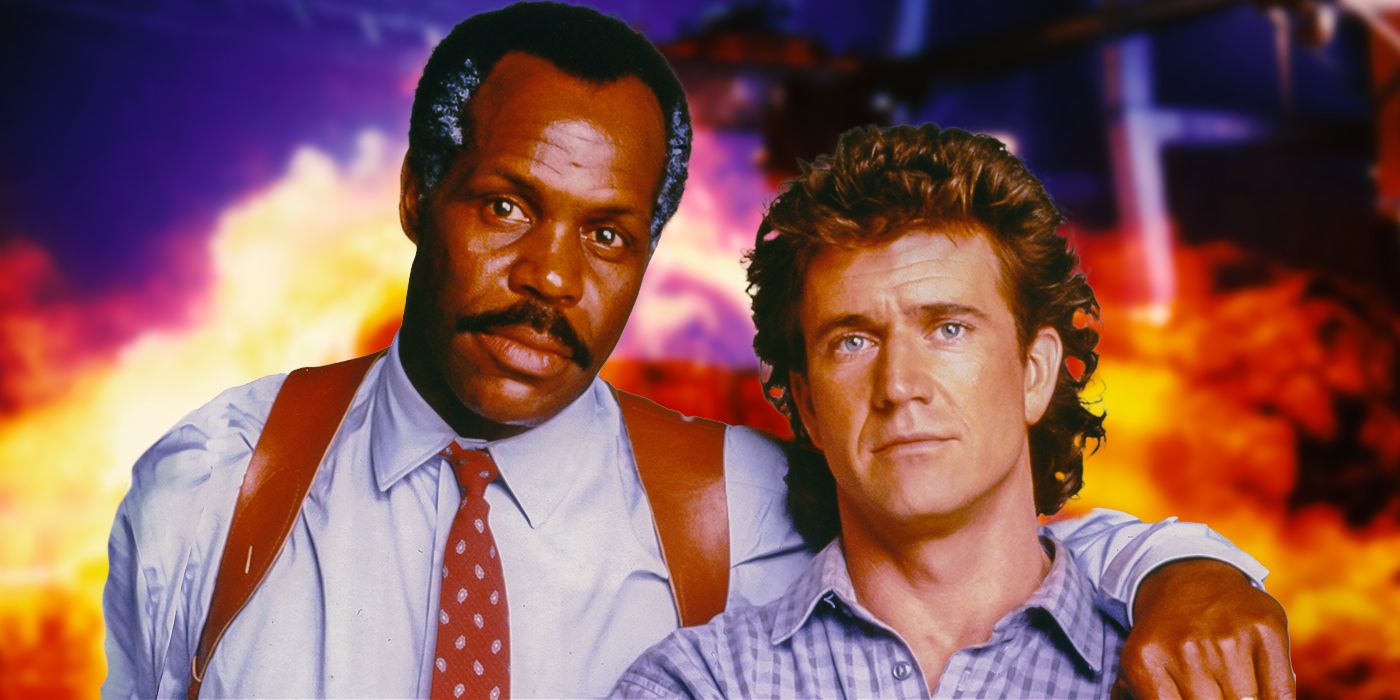Joe Pesci was always a beloved character actor, but winning the Academy Award for Best Supporting Actor for his work in Goodfellas turned him into one of the most in-demand actors of the 1990s. Although Pesci returned to make more serious films like Martin Scorsese’s Casino and Oliver Stone’s JFK, he also took on more comical roles, such as his recurring appearance as Harry Lyme in the Home Alone films. Unsurprisingly, an actor as mannered as Pesci found it difficult to deal with this level of attention, as he effectively retired from acting at the end of the 20th century, returning only for a few cameos and a reunion with Robert De Niro in The Irishman. However, Pesci stated that filming the Lethal Weapon films was “the most fun” he had ever had on set.
The original Lethal Weapon from 1987 is considered to be one of the most influential action films of all time, as it perfected the “buddy cop” formula that would be used over and over again in films like The Last Boy Scout, Men in Black, 21 Jump Street, Tango & Cash, and The Other Guys, among countless other examples. While the dynamic between Martin Riggs (Mel Gibson) and Roger Murtaugh (Danny Glover) was critical to the series’ success, Jesci joined the franchise in Lethal Weapon 2 as the whistleblower Leo Getz. Pesci became a fan-favorite character in the Lethal Weapon franchise and helped bring the perfect comic edge to films that would frequently trek into darker territory.
Joe Pesci Loved Making the ‘Lethal Weapon’ Sequels
It’s understandable that Pesci may have been frustrated with some of the box office bombs that he had appeared in, as films like Gone Fishin’, Jimmy Hollywood, and 8 Heads In A Duffel Bag did not serve as a proper use of his talents. At the same time, films like Casino or the De Niro-directed crime thriller A Bronx Tale may have been quite emotionally draining, considering how dark the subject material was. The Lethal Weapon films allowed Pesci to have fun with a comedic character, even if the film itself was not a spoof. While the dynamic between Gibson and Glover would often get quite dramatic, Leo’s role in the story helped to break the ice with some properly timed jokes. Pesci credited director Richard Donner and producer Joel Silver for creating an environment in which he was allowed to improvise; a famous scene where Leo flips out after getting the wrong order at a drive-thru was all Pesci’s invention.
Getz has a surprisingly emotional story arc in Lethal Weapon 2, as he is a whistleblower who gives information to the police about the South African smuggling conspiracy. Even though his talkative, cowardly nature ends up irritating Riggs in particular, Leo gets to show his secret heroism when he is nearly beaten to death. This type of character could have easily been highly irritating, especially for fans of the first film who had specifically come to see more of Gibson and Glover’s chemistry. However, many of the best scenes in the film involve all three interacting with one another; as is often the case, three different characters with wildly divergent personalities often end up having the best comedic banter.
Leo Getz Was Critical to the ‘Lethal Weapon’ Franchise
The franchise found an interesting way to keep bringing Leo back into the fold, as Lethal Weapon 3 involved him becoming a real estate agent who is once again asked to help Riggs and Murtaugh on a case involving an ex-cop seeking revenge on members of the Los Angeles Police Department. It was a surprisingly serious storyline that addressed real issues regarding police brutality and corruption, yet Pesci was able to remind viewers that it was still an action-comedy with lots of one-liners and physical gags. Lethal Weapon 3 was critical in establishing the series’ ensemble, as it also introduced Rene Russo as the internal affairs Sergeant Lorna Cole, who would end up becoming Riggs’ love interest.

Related
This Small Thing Changed the Lethal Weapon Franchise for the Worse
Mel Gibson and Danny Glover’s buddy-cop action movie took a bizarre turn.
Pesci essentially saved Lethal Weapon 4, which took the franchise in a much goofier direction thanks to the introduction of Chris Rock (in a very broad comedic role) and Jet Li—in his international film debut—while the character dynamics were slightly more awkward compared to previous installments, Leo plays an important role in the story, as he informs Riggs and Murtaugh about the Chinese smuggling operation. Despite the film’s flaws, of which there are many, it does end on a heartfelt note; a final scene in which all the franchise’s characters (including Leo) assemble to take a photo together feels like a love letter to all that had been achieved in the four films.
Pesci’s role as Leo helped to introduce him to a younger audience that may not have been familiar with his acclaimed work in Raging Bull, Once Upon A Time In America, and other crime classics. There have been countless rumors about the status of Lethal Weapon 5, and while the involvement of Gibson and Glover is critical, it would feel like a disservice if the next installment in the series did not find a way to bring Pesci back.
